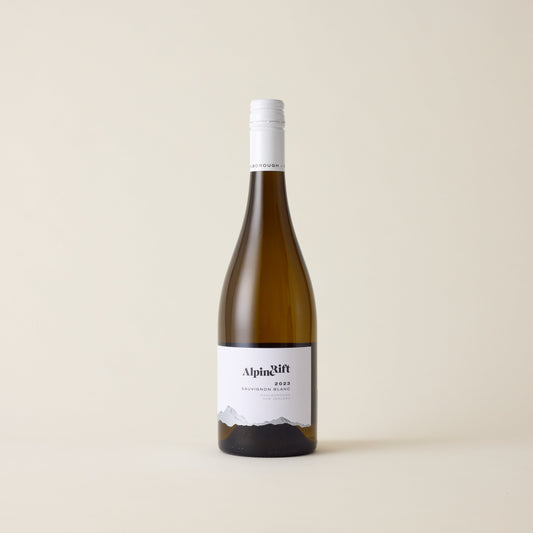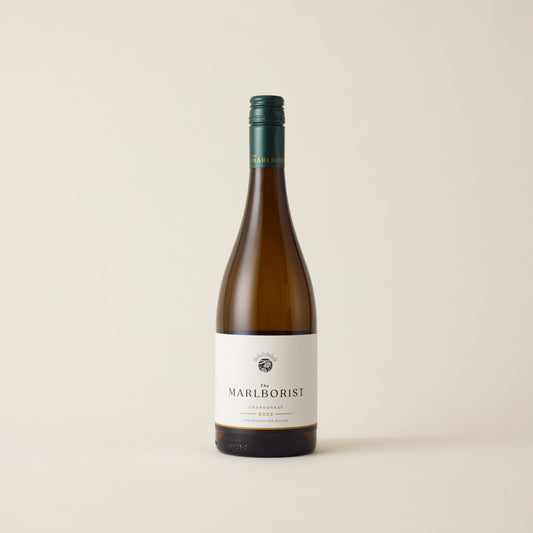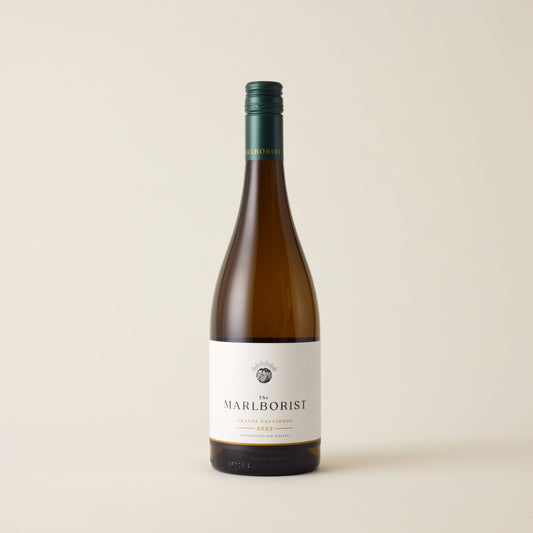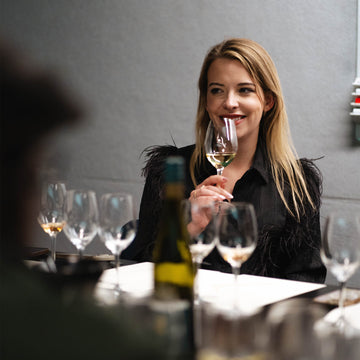

Wines That Tell a Story

The Vineyard Comes First

Less is More
“I’m not trying to make the same wine year on year. If it’s honest to the season, it should taste a little different each time, whether that means more generosity, more tension, or more structure.”

A Photograph in Time
Discover The Marlborist Wines
Alpine Rift Sauvignon Blanc 2023


Alpine Rift Sauvignon Blanc 2023
Regular price
£12.75
Sale price
£12.75
Regular price
£17.00
The Marlborist Chardonnay 2022


The Marlborist Chardonnay 2022
Regular price
£19.90
Sale price
£19.90
Regular price
£26.50
The Marlborist Grande Sauvignon 2022


The Marlborist Grande Sauvignon 2022
Regular price
£16.90
Sale price
£16.90
Regular price
£22.50







